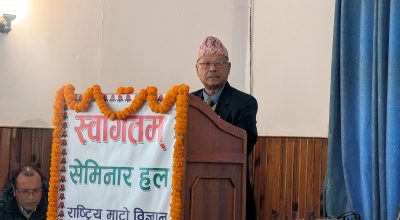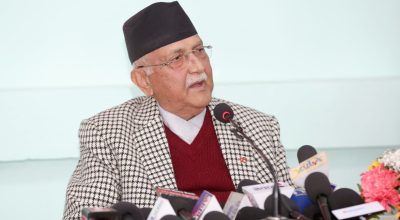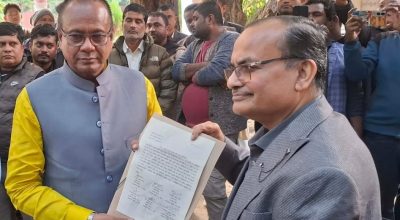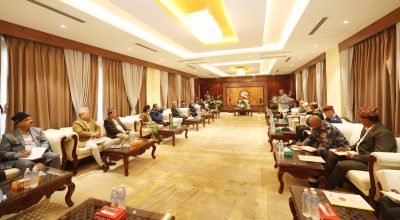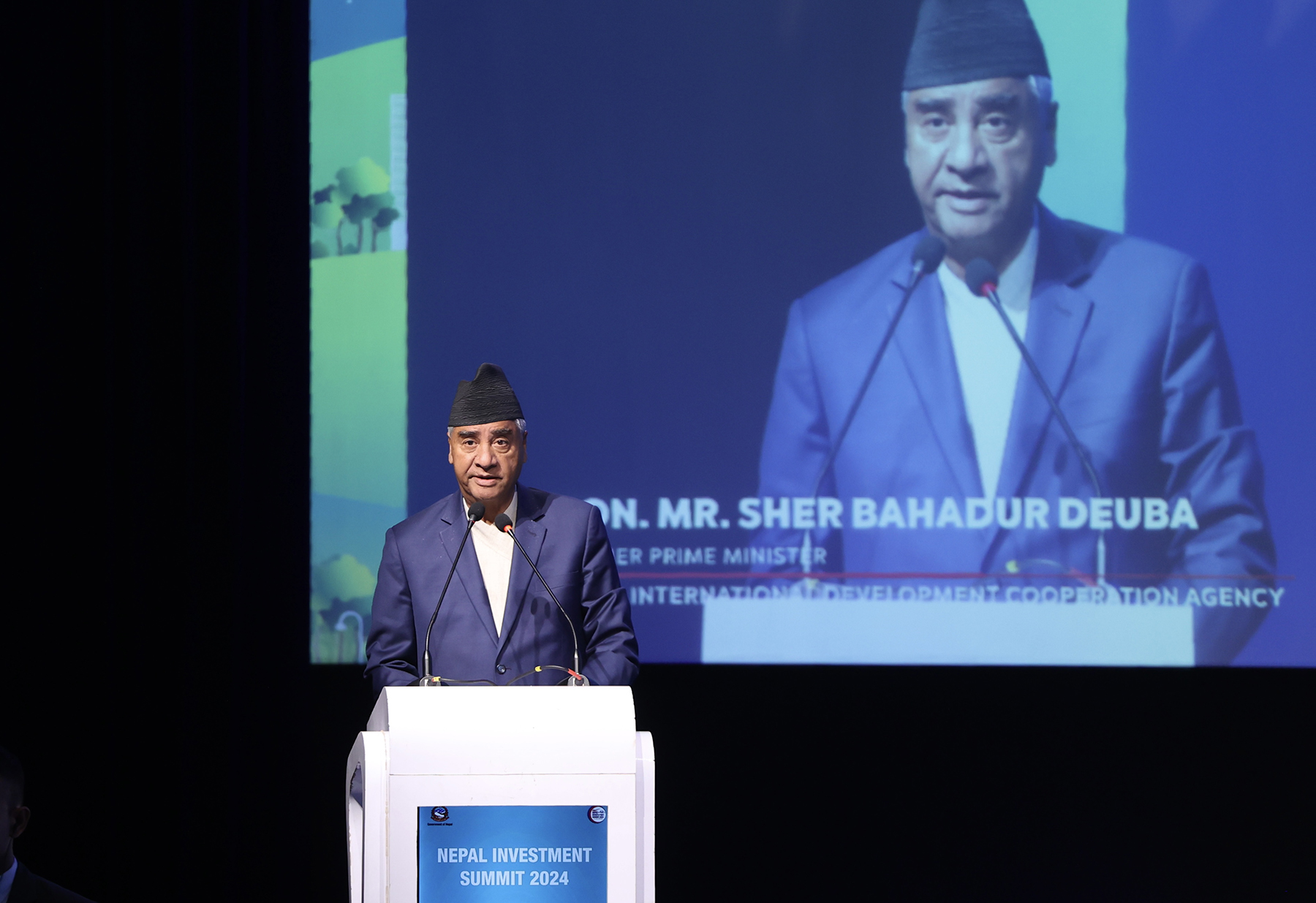
Kathmandu, April 28: Nepali Congress President and former Prime Minister Sher Bahadur Deuba has said Nepal’s investment regime is now liberal in terms of sectors open for foreign investment, tax policies and repatriation of earnings.
In his remarks at an inauguration of the Nepal Investment Summit 2024 here today, the leader said almost all sectors are open for foreign investment in Nepal. “Agriculture, tourism, infrastructure development, mines and minerals, manufacturing, tourism, hydropower and IT are some of the key sectors where domestic and foreign investment will have a transformative impact.”
According to him, foreign investment is protected by domestic law and various international instruments to which Nepal country is a party. The leader of the main opposition said, “I have come to know that the Government has expressed its willingness to conclude bilateral investment protection agreement with various countries to promote Nepal as an attractive destination for investment.”
Flexible labour law, demographic dividend with a substantial share of the young and energetic population, reliable supply of electricity, and availability of local raw materials also contribute to making production cost low compared to other high wages countries in the region, he added.
He informed the foreign community about the establishment of one one-stop service that includes the Investment Board of Nepal for large-scale projects under Public Private Partnership and the Department of Industries for other small and medium-sized investment projects.
“We have streamlined processes to save time and energy for registration of companies and putting them into operation relatively within a short period. Less bureaucracy means faster decision-making and quicker approval of proposals,” he said.
According to the leader, all major political parties remain committed to promoting foreign investment in Nepal and come together to foster consensus on key investment-related issues.
Acknowledging that Nepal is still the least developed country and confronts huge development challenges, he said despite having huge potential for development, lack of adequate capital and appropriate technology to realize development benefits are the concerns of Nepal. “In this context, the convening of this high-level event assumes a particular significance.”
“The internal market is expanding with an increase in the income of people and the external market is accessible due to geographical proximity and concessional trading facilities that we receive from our neighbors and other partners. Our two neighbors -India and China- offer huge market opportunities for Nepal. We also have a supportive trading relationship with the USA and EU,” he said.
On the occasion, he also stated that Nepal pursues a liberal economic policy where market and the private sectors have an important role to play in advancing economic development under a democratic framework.
“The Government plays a facilitating role and creates an environment that is conducive for investment and business without losing its responsibility to ensure social justice and inclusive representation of all segments of Nepali society. We live in an era of intense competition for investment. This means we need to be more attractive and competitive in providing incentives and protecting investment. Money goes where it is treated well. We continue pursuing reform coherently and practically to adjust our investment regime in light of changes in the internal and external economic environment,” he said.
Sharing the forum that Nepal doesn’t entertain a discriminatory policy vis-à-vis foreign investors, he said they are treated at par with national investors. “We welcome foreign investors as our valued guests.”
Claiming that there are convincing examples to prove that foreign investment in Nepal is profitable. Some of the multinationals working in Nepal have been able to repatriate a good amount of dividends over the years.
“Please come to Nepal and invest in our economy that will be beneficial to you and our people. We will provide you full protection and assure you of our sustained cooperation from start to finish,” he urged the foreign community.
The main opposition leader took time to recall the moment when the party initiated economic reform in Nepal. “Back in 1990, the Nepali Congress government liberalized the economy, invited the private sector, and created a conducive environment for foreign investment. During that short span of period, our government reoriented the policies, revised old laws and brought new laws, rationalized public expenditure, and initiated the liberal tax regime.”
As the former Prime Minister said, during his tenure as the Prime Minister, the government implemented crucial reforms aiming to promote foreign investment, boost tourism, harness the potential of hydropower, revitalize industries and agriculture. “As the reform was not completed, I believe that the present government will continue the reform initiatives and create a more conducive environment for the private sector.”
Stating that Nepal has huge untapped potential, he said common efforts can make a difference. The leader also wished for the success of the Summit.





